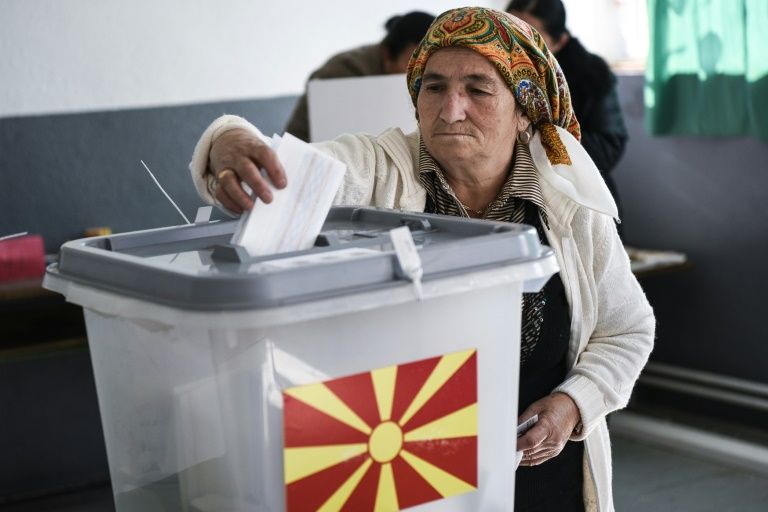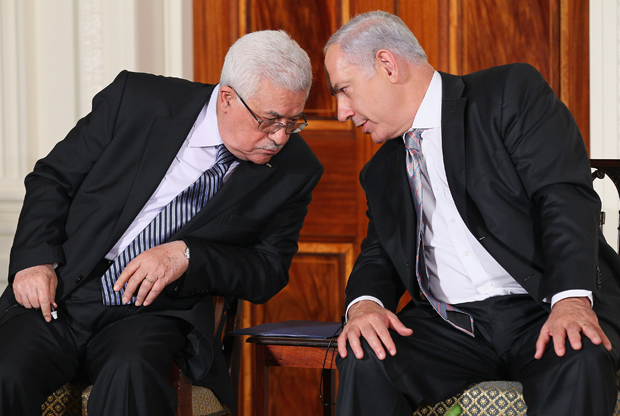Women across Brazil launched a wave of nationwide protests on Saturday against the candidacy of the right-wing frontrunner in next week’s presidential elections, Jair Bolsonaro.
Controversial Bolsonaro, who was released from hospital on Saturday after being stabbed and seriously wounded by a left-wing activist during a rally on September 6, is currently leading in opinion polls.
Marches organized by a social media campaign under the hashtag #EleNao (Not Him) are planned to begin in earnest at 1800 GMT in dozens of cities including Rio de Janeiro.
But in Sao Paulo and other locations, small groups of protesters were already in the streets. Demonstrations also took place abroad, from Dublin and Paris to Budapest and Beirut.
“Women of Brazil, women outside Brazil, all women, it’s time to join in,” said Ludimilla Teixeira, one of the march organizers. “Either we join now to fight or we’re going to gather to mourn later.”
I will be live tweeting from Union Sq., where the New York protest will start at 3pm EDT. Women in 80 cities in Brazil and in 10 countries are participating. For context on who #NotHim is & how he is ahead on the polls with a 46% disapproval rating, read https://t.co/CseS4PXWw1
— Isadora Varejão (@brazooklyn) September 29, 2018
‘Leap into the Abyss’
Bolsonaro, a 63-year-old former army captain, has been branded racist, misogynist and homophobic by his detractors.
Bolsonaro has specifically angered women by seeking to justify a yawning gender wage gap, and has argued against employing women if it was likely they would become pregnant.
He further inflamed his opponents on Friday by saying he would accept no outcome in the October 7 balloting but his own victory.
“From what I see on the streets, I do not accept any election result that is not my election,” he said in an interview with a local television network.
That drew a withering response from opponents.
Center-left candidate Ciro Gomes said that Bolsonaro would be “striking a blow against our democracy” and that the best antidote was “not to vote Bolsonaro in the first round to protect Brazil from a leap into the abyss.”
The women’s campaign, launched on Facebook in early September, called on women of all political persuasions to come together “against the advancement and strengthening of machismo, misogyny, racism, homophobia and other prejudice.”
“We cannot allow fascism to advance in Brazil,” Teixeira said, calling Bolsonaro a “disastrous” candidate.
But Bolsonaro’s supporters laud both his tough stance on tackling Brazil’s rising crime rate and his pledge to protect traditional family values.
His female supporters are staging rival pro-Bolsonaro rallies in Rio de Janeiro and Sao Paulo.
‘Broad Mobilization’
Joao Feres Junior, professor of political science at Rio de Janeiro’s State University, said women were making gender an election issue in Brazil for the first time, acting “not to support a candidate, but as citizens faced with a political project that excludes them.”
Analyst Ligia Fabris Campos, of the Getulio Vargas Foundation, said “there is no record of such a broad mobilization of women” in recent Brazilian history.
Bolsonaro “underestimates women, underestimates homosexuals, underestimates blacks,” said actress Caroline Abras, one of the dozens of celebrities backing the “Not Him” campaign.
According to the latest opinion poll released Friday by Datafolha, Bolsonaro leads with 28 percent support to 22 percent for his nearest rival, Workers Party candidate Fernando Haddad.
Those two are expected to go head-to-head in a second round run-off three weeks later.
Haddad is a replacement candidate for former president Luiz Inacio Lula da Silva, who is in jail for corruption and who was barred from running by the nation’s Supreme Electoral Court.
Datafolha’s survey shows Haddad triumphing in an eventual run-off with Bolsonaro, 45 percent to 39 percent.
























